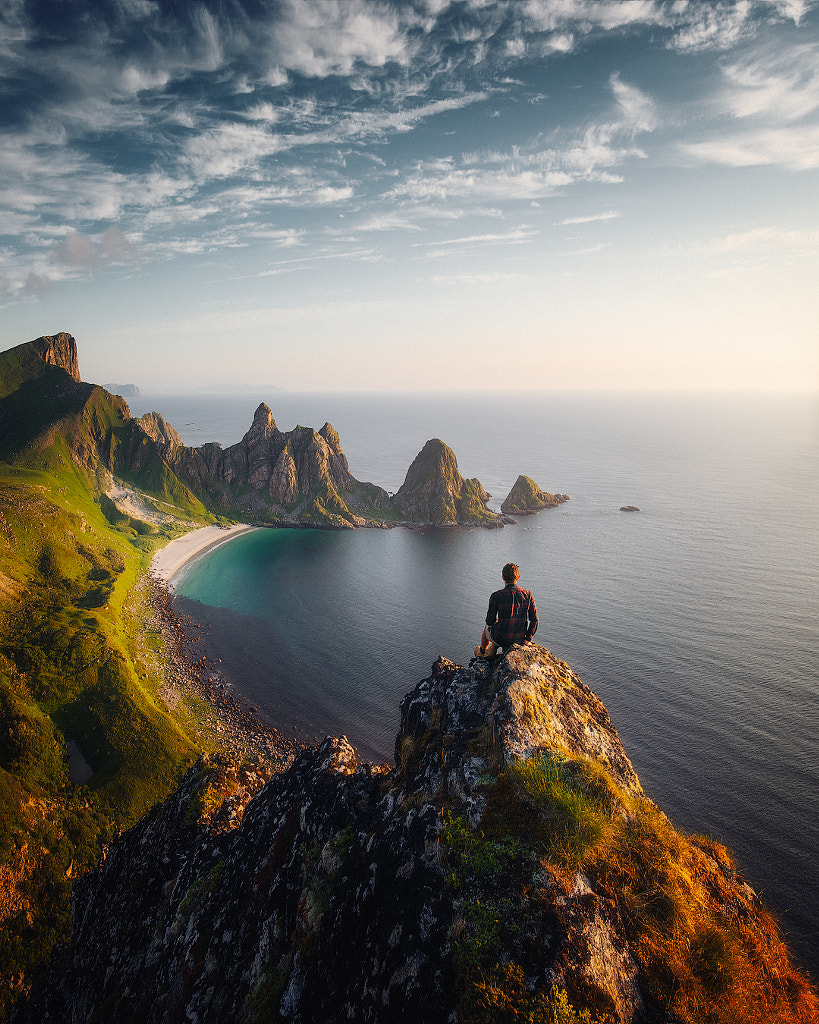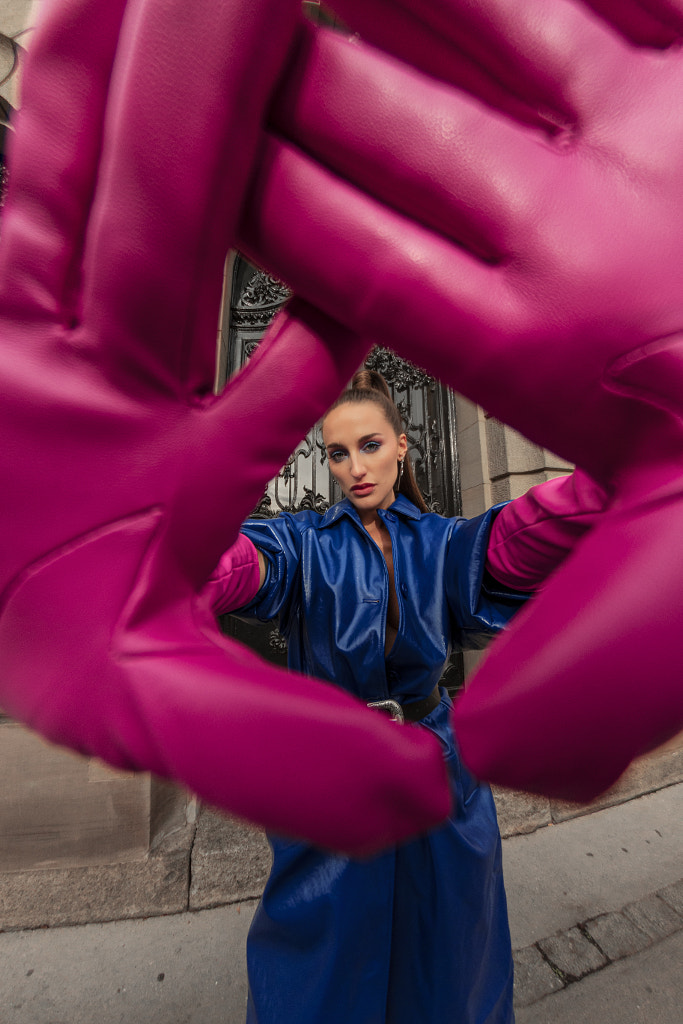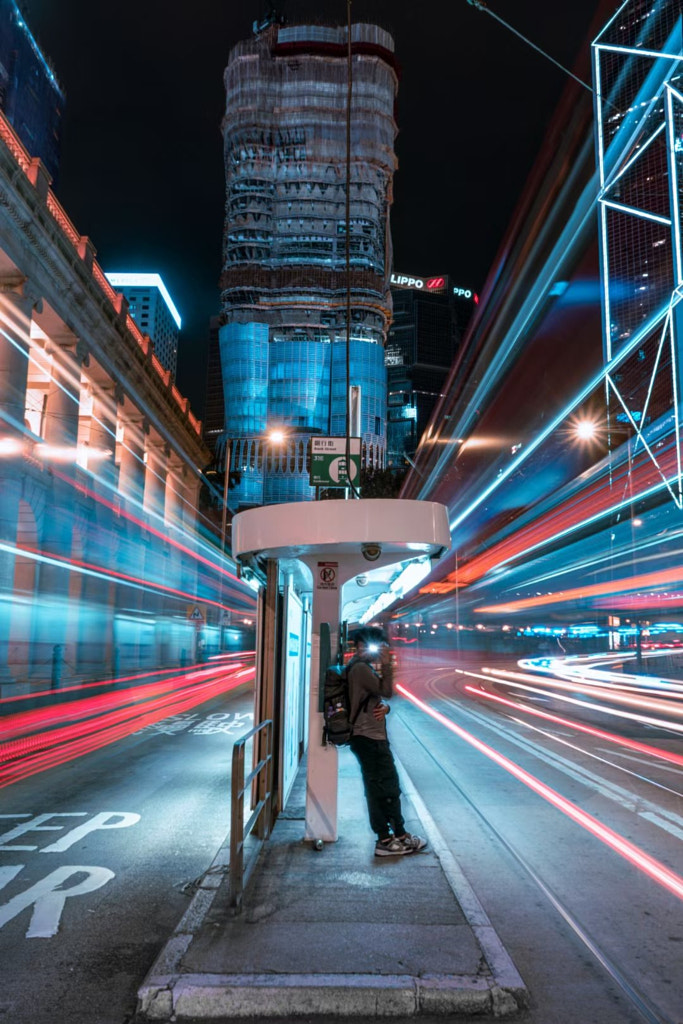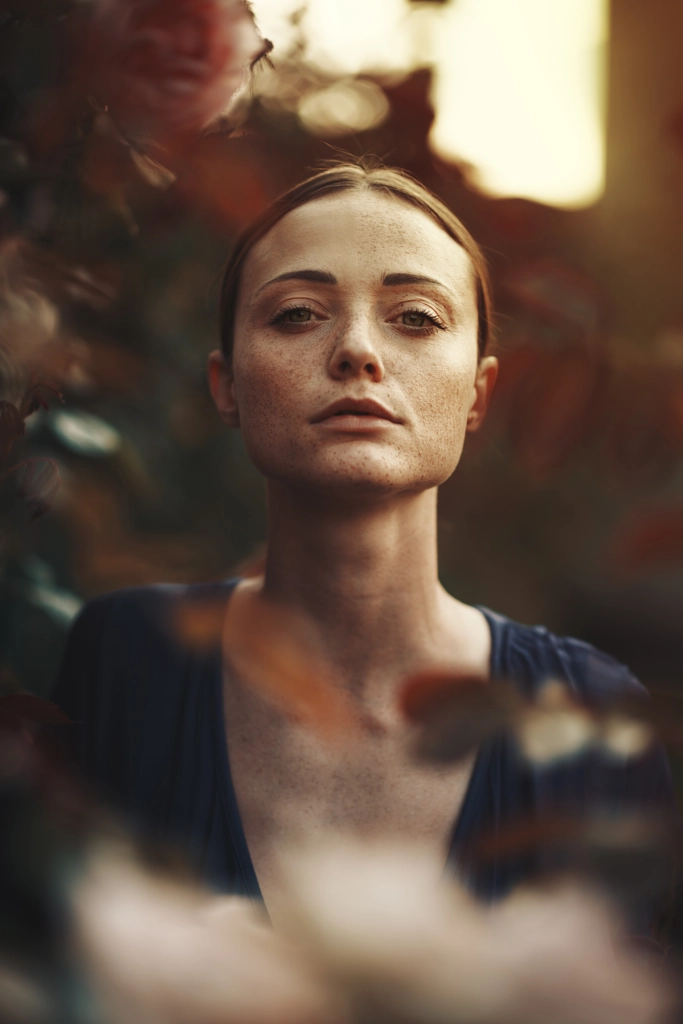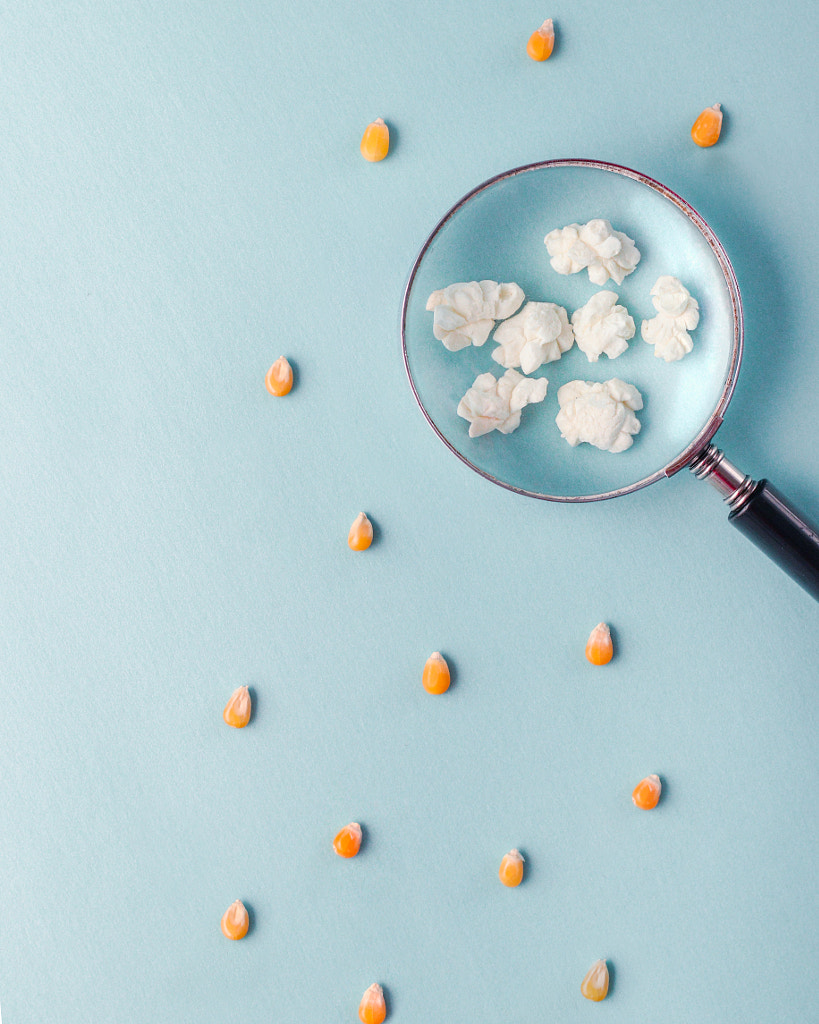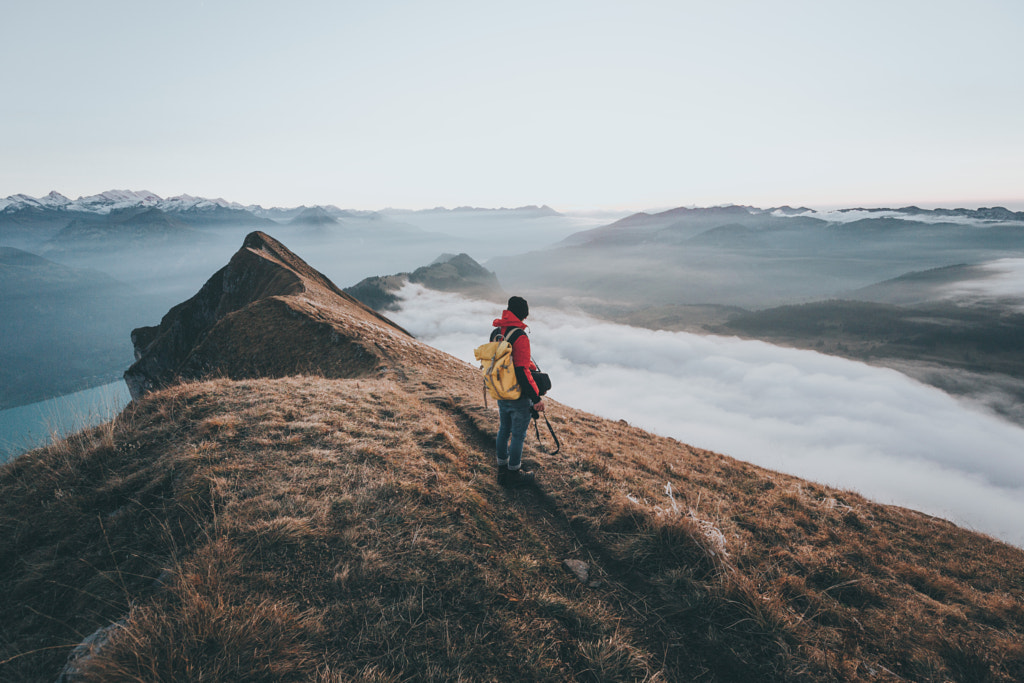Photography is a captivating art form that allows us to freeze moments in time and share our unique perspectives with the world. If you’re new to photography, it’s normal to feel overwhelmed by the vast array of techniques and equipment available. However, fear not! The team at 500px is here to guide you through the ten essential photography tips that will help you kick-start your journey. From composition and lighting to camera settings and post-processing techniques, we’ve got you covered!
Not a member of the 500px community yet? Join now!
Understand the Rule of Thirds:
The rule of thirds is a fundamental principle in composition that can transform your photographs. Instead of placing your subject in the center of the frame, imagine dividing your frame into a 3×3 grid and position your subject along the intersecting lines or at the points where the lines meet. This technique adds balance and visual interest to your images, making them more compelling.
Tip: Experiment with different placements of your subject within the grid to create different effects and guide the viewer’s eye through the image.
Experiment with Different Perspectives:
Don’t be afraid to change your viewpoint. Exploring unique angles by getting low, shooting from above, or experimenting with unconventional vantage points can add a fresh perspective to your photographs. It allows you to capture unique and intriguing compositions that stand out from the crowd.
Tip: Try capturing the same subject from different angles to see how it affects the overall mood and impact of the image.
Master the Use of Light:
Lighting is the soul of photography. Learn to observe and manipulate natural and artificial light sources to create stunning images. During golden hour (the first and last hours of sunlight), you’ll achieve warm, soft, and flattering lighting. Embrace shadows and highlights to add depth and drama to your images.
Tip: Experiment with different lighting conditions, such as backlighting or side lighting, to create different moods and emphasize specific elements in your photographs.
Get Familiar with Camera Settings:
Take control of your camera by understanding its settings. Experiment with manual mode to have full control over exposure, aperture, and shutter speed. Learn how each setting impacts your photographs, enabling you to capture the desired effect in different lighting conditions.
Tip: Practice using different camera settings in various scenarios to understand how they influence the exposure, depth of field, and motion in your images.
Don’t Overlook Composition Elements:
Beyond the rule of thirds, pay attention to other composition elements such as leading lines, symmetry, patterns, and negative space. These elements help guide the viewer’s eye and create visually appealing images.
Tip: Look for natural or man-made elements that can act as leading lines and draw attention to your subject, enhancing the overall composition.
Capture the Right Moment:
Timing is crucial in photography, especially for action or candid shots. Anticipate the moment and be patient. It may take multiple attempts to capture the perfect expression, decisive moment, or dynamic action. Remember, practice makes perfect.
Tip: Use burst mode or continuous shooting to increase your chances of capturing the perfect moment, especially in fast-paced situations.
Utilize Depth of Field:
Experiment with depth of field to create a sense of focus and depth in your images. A shallow depth of field (using a wide aperture) can blur the background, making the subject stand out. On the other hand, a deep depth of field (using a narrow aperture) keeps the entire scene sharp.
Tip: Consider the storytelling aspect of your image and decide whether you want a shallow depth of field to isolate the subject or a deep depth of field to showcase the entire scene.
Embrace Post-Processing:
Post-processing is an integral part of digital photography. Experiment with editing software like Adobe Lightroom or Capture One to enhance your images. Adjust exposure, contrast, color balance, and apply creative filters to give your photographs a unique touch. Remember to maintain a natural look and avoid over-processing.
Tip: Start with subtle adjustments and gradually build your editing skills. Pay attention to details like white balance, noise reduction, and sharpening to enhance the overall quality of your images.
Seek Inspiration and Learn from Others:
Expand your photographic horizons by immersing yourself in the work of other photographers. Follow established artists, study their techniques, and analyze their composition choices. Attend workshops, join photography communities (like 500px!), and engage in constructive feedback to refine your skills.
Tip: Take inspiration from various genres and styles of photography, even those outside your comfort zone. It can spark new ideas and help you develop your own unique style.
Practice, Practice, Practice:
The most crucial tip of all is to practice relentlessly. Carry your camera wherever you go, and challenge yourself to capture different subjects and scenarios. Experiment with various genres, from landscapes and portraits to street photography and macro shots. The more you practice, the more you’ll grow as a photographer.
Tip: Set aside dedicated time for photography, even if it’s just a few minutes a day. Consistency and regular practice will help you improve faster.
Embarking on your photography journey as a beginner can be thrilling and overwhelming. By following these ten essential tips, you’ll gain a solid foundation and improve your photography skills. Remember, photography is an art form that requires practice, creativity, and an eye for detail. Embrace the learning process, be open to experimentation, and enjoy the incredible world of photography that lies ahead. Happy shooting!
Not on 500px yet? Sign up here to explore more impactful photography.
The post Essential Photography Tips for Beginners | Mastering the Art of Photography appeared first on 500px.
